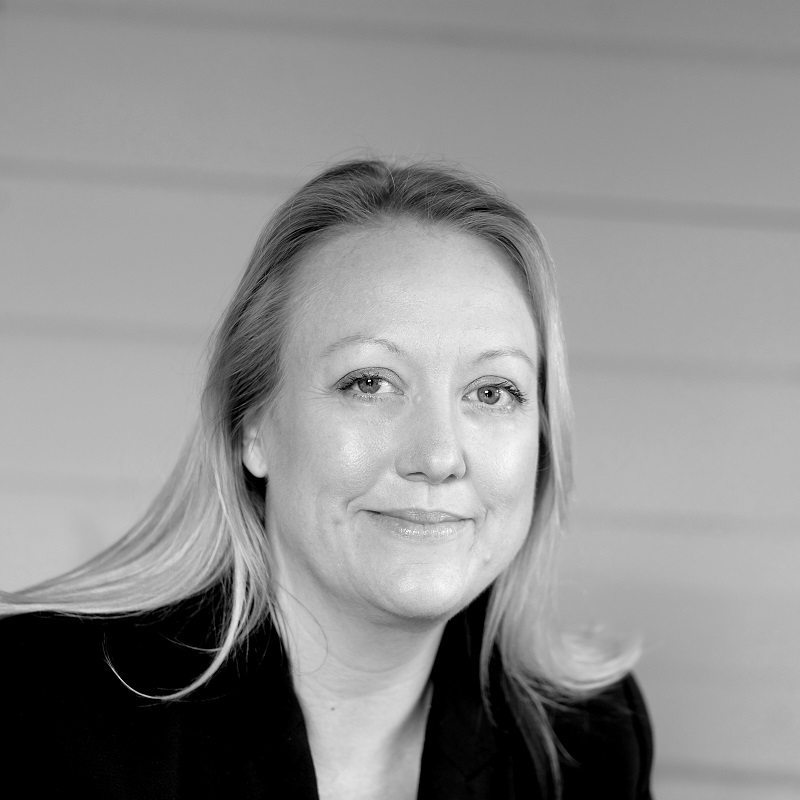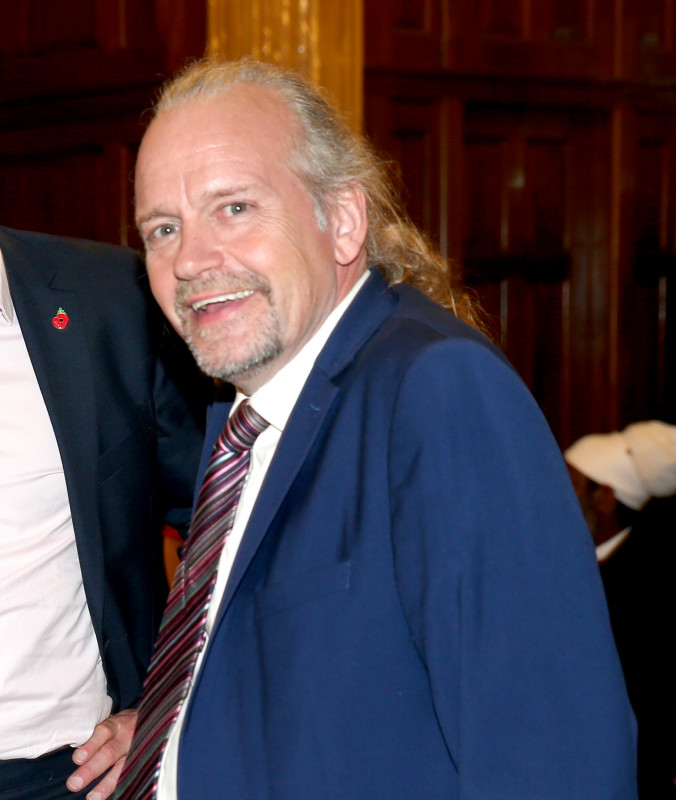
Billie O’Connor, CFO of Milk and More
Ensuring that the basics are covered is just one element of being an effective Chief Financial Officer, says Billie O’Connor, the CFO of Milk and More, a sustainable milk and food home delivery business in the UK.
- What benefits does a CFO bring beyond the accountancy function?
CFOs have quite a unique position, because they are overseeing the entire P&L, Balance Sheet and Cashflow of the business whilst also understanding what is going on in the market. As they have that insight across all the different parts of the business, they are able to connect different data points together and give the leadership team insightful advice and recommendations about opportunities for innovation, such as new markets, new products, new customer groups, and what the direction of travel could be. They can also bring to life risks in the market – legislative, new entrants.
- What role should a CFO play in a growing business?
A CFO needs to have a really good understanding of the macro environment the business is operating in, such as inflation, the labour market, and any relevant government policies, because each business can be impacted very differently, with both direct and indirect consequences.
A good CFO should also have a good network of advisors, whether that is consulting firms they work with or people with their ear to the ground on the labour and competitive market. They need to be really well connected and to be having regular conversations about what’s going on, as well as making sure they are on top of what is in the media.
A CFO really helps to bring that external factor into the room, to make sure that the leadership team is not being too internally focused and is also talking about some of the bigger issues.
- What are the ideal characteristics that a business leader should look for when hiring a Finance Director?
They should be curious, interested, as well as have the ability to be a safe pair of hands. Nobody wants a Finance Director who is running all over the place and hasn’t made sure that the basics are covered. Ensuring the finance team and financials processes are sound is a key part of their role and if they don’t do that, no-one else is going to. So before they take on any broader remit they need to make sure they have put really robust financial processes in place, because they are the one keeping everything safe and in check.
Beyond that, I think being a good communicator and having the ability to engage with your team and with stakeholders is really incredibly important. If you have a Finance Director who is trustworthy and is able to take you on the journey to explain the numbers and the business, that is far more engaging than just having somebody who always gets the numbers right but can’t really talk through them.
- How would you describe the ideal relationship between the CFO and the CEO of the business?
The most important thing is that the CFO feels they have a relationship of high trust with the CEO and be honest with them. They need to be able to have quite open conversations, whether that is about capacity in the business or about the level of knowledge that individuals in the business have, and it is important that the CFO is able to raise their hand and say when something is not quite right.
It helps if there is a chemistry there; the CFO doesn’t need to be best of friends with their CEO but there needs to be a bit of a synergy and rapport. If they really don’t enjoy spending time with them, it is going to be quite hard to have a successful long term relationship.
- How can smaller businesses access the benefits of a CFO?
Before joining Milk & More, I worked with a start up called GG Wildlife Experiences, and built a business plan with the owner that has enabled him to grow and scale the business successfully in the last six months – it was a really exciting venture! This was on a part time and advisory basis as the business could not at that stage hire a full time FD.
If a SME does not have the resources to hire a full time CFO then they can still access their expertise by hiring a virtual Finance Director, either on a consultancy basis or for one or two days a week. Getting a virtual Finance Director is a great way of a business getting the expertise they need without the price tag of a full-time Finance director. Having access to a really good quality senior finance professional can be really valuable because it can challenge your thinking and make sure that you are going in the right direction, even at a very early stage. If you are an entrepreneur, new into running your own business, or at a stage of scaling – you don’t know what you don’t know! It is very different to just hiring an accountant to do your invoice processing or annual accounts.


